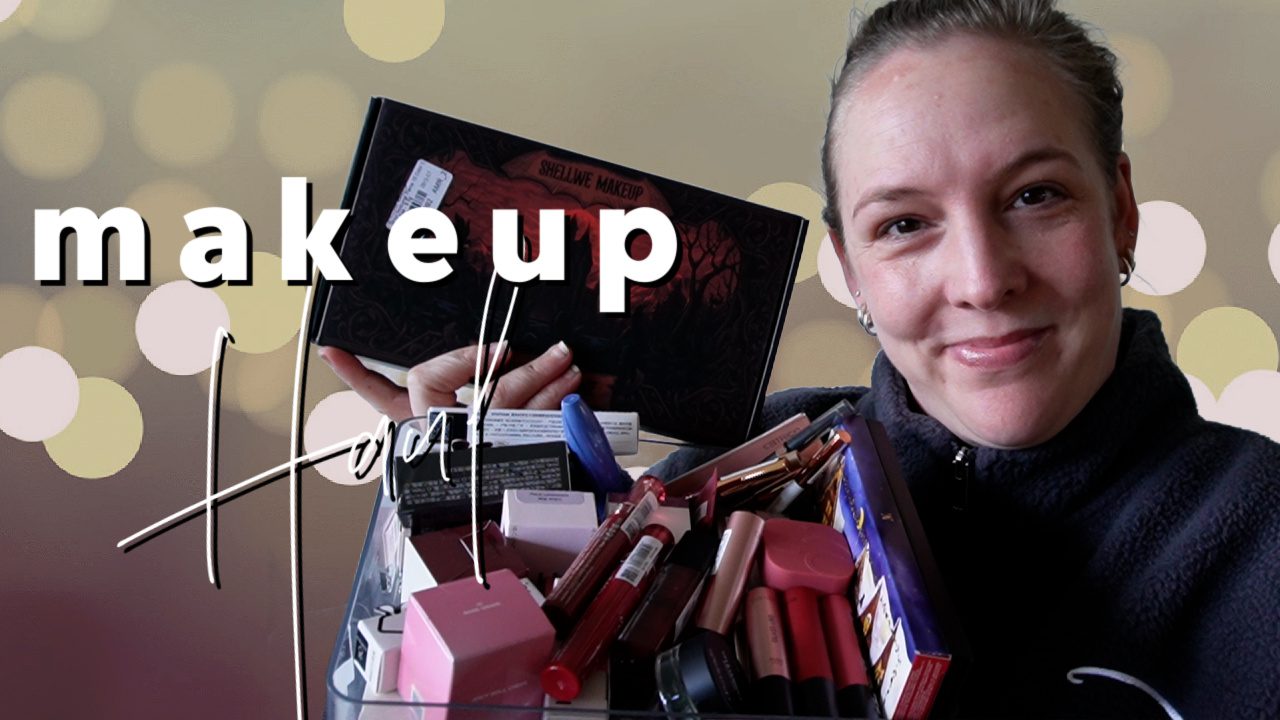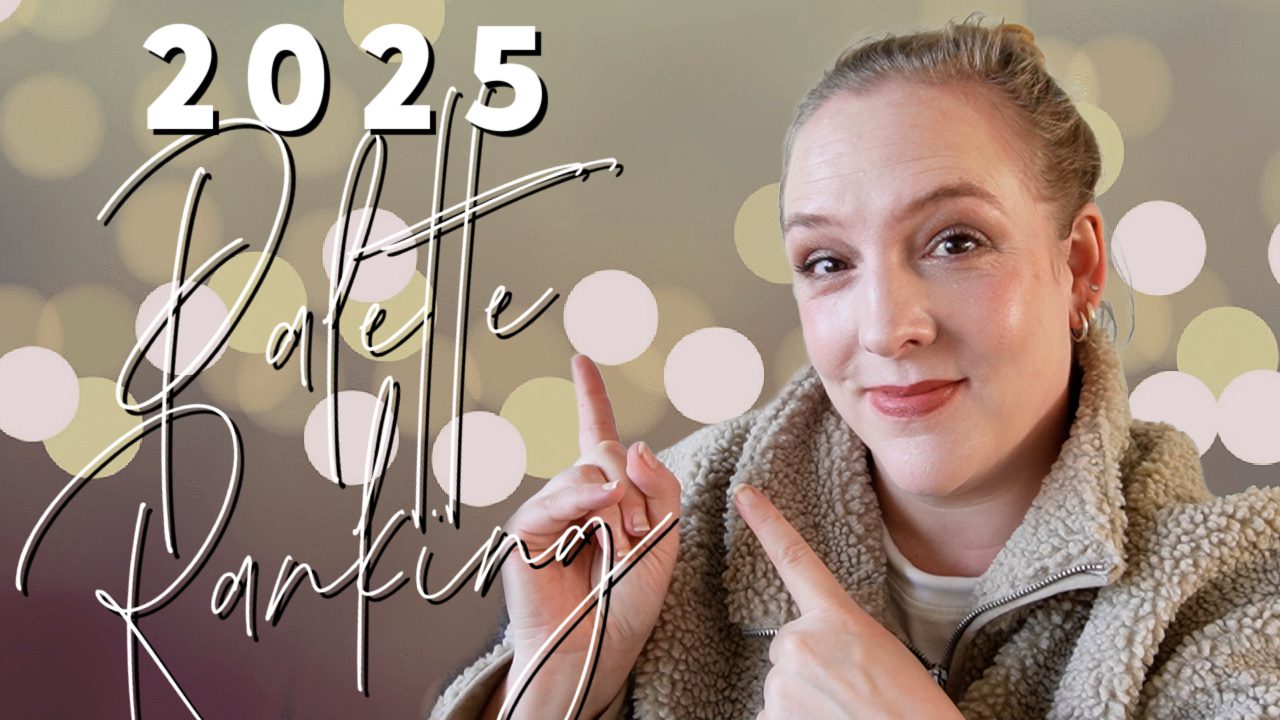Let’s change things up a bit. Instead of another post about music, beauty stuff or clothes, I thought I would get a bit more personal for a change. This blog is after all about everything that I find interesting. And one thing that has always fascinated me is language. English in particular, but language in general: how it works, where it comes from and how it is used are topics that are an interest of mine. It has been for a while. For one, it was my reason for studying English. I didn’t study English because I loved reason classic English literature. I read English because I love the grammar, learning new words and want to figure out how it works, where words come from and why we can understand each other even if we’re not 100% grammatically correct. And that fascination began at a very very young age.
My first memory of being intrigued by language is from before I knew how to read. I remember my grandparents taking English classes when I was little and I was impressed by how they ‘knew’ how to speak a different language. It was my grandma who taught me to count to three and say A-B-C. Another thing, which I don’t remember, but which my mom told me about was that I used to watch BBC television religiously when I was a 3-year-old, to the extent where I refused to watch Postmen Pat (Dutch: Pieter Post) in Dutch.
When I approached group 7 (or the second to last class of Dutch elementary school, age 10), I was very excited about a new subject we would be taught: English. All in all, it was quite a useless subject because all we did was watch outdated videos about summer camps and aliens from outer space (don’t ask), but the fact that I would be learning a completely different language was super exciting to me. High school came quickly and English was finally being taught properly. Needless to say it became my favorite subject which was another reason for me to go study it at university.
As I said above I have always loved grammar. I did my friends’ grammar homework and after a while I didn’t even have to study anymore for any of the grammar tests. I was one of the most fluent speakers in my class by the time I was 15 and coaxed my family through our England vacations whenever things got too linguistically challenging for my parents. I loved every minute of it. I am not saying I was an exemplary student. In fact, my English teacher told me not to study English as I notoriously failed most multiple choice reading and listening comprehension tests. But I was the only student who got excited when we had to read a book collectively (The Great Gatsby) and by reading English books I not only noticed my English language skills improved, but I also re-established my joy for reading.
The English language not only made me discover books again, but it also helped me discover the world beyond everything I had ever known. I think that’s what fascinated me first and drew me in: the fact that English is a global language and that if you can use it properly, you can go very very far. I became interested in UK and US history, got a subscription to Time Magazine to keep up with global and US affairs (and improve my English even more) and became an avid follower of the US presidential elections. As a student I found myself preferring English over Dutch many times: my computer has English Windows, Office and programs. Even my phone is set to English. The reason: try troubleshooting anything in Dutch and then again in English. There is simply more options around when you do an English search. It is also the reason why this blog is in English: I am simply more used to organizing my thoughts and writing them down in English than in Dutch.
My favorite topics while studying were linguistics and language acquisition. Not saying I didn’t enjoy literature courses, but when courses discussed language change, Old English, language standardization, phonetics/ accents/ syntax/ morphology and anything on how I could use all that language to my benefit, I was happiest. I enjoyed learning how to write essays and thinking about how to phrase your thoughts and ideas in a concise, yet telling manner. And English is the perfect language for it. It has many words, due to its inability to make large compound nouns which are abundant in Dutch and German and is such a rich mixture of origins and influences that just by formulating the simplest sentences and dissecting them you can find an entire history of facts, events, people and other fun stuff that’s attached to it.
During my Bachelor’s I figured out that real ‘hardcore’ linguistics is not so much my thing. Many linguistic theories were first applied to English, so English from a linguistic point of view is simply not that interesting anymore as pretty much everything has already been said. Unless of course you go into minute details, which is not what I am interested in. That is when I came across sociolinguistics and a completely new angle was introduced to me. If linguistics is concerned with how language works, then sociolinguistics is interested in how language is used by people. Why do we say the things we do? Why do we make sense to another? Why do we judge people on how they use language? And why can a single linguistic utterance say more about a person say more about them than if you were to read their biography?
This stance immediately hit home. I have been judged on the way I speak Dutch and even English my entire life. My Dutch especially evokes remarks: oh I hear a Southern influence… And I had a student once question my capabilities as an English teacher because I speak with an American accent. The thing is: at the end of the day, does it really matter how you speak a language? Does the fact that I speak with a soft ‘g’ which marks me as being from a certain part of the country make me a lesser person? Or does the fact that I speak American English instead of British English an incompetent teacher? The fact is: it doesn’t, at least not linguistically speaking. From a social stance however, speaking a variety of a language that is deemed ‘not standard’ brings along a whole new specter of issues.
And that, my dear readers, is why I love language. See, language is a funny thing. All humans speak it: we all have means of acquiring language at a very young age in a way that no animal has ever managed to duplicate. We need language: to communicate, to establish society, to work together, to build relationships. In other words: to do the most basic things we humans do. Yet, at the same time, we condemn people who don’t use language the way we agreed we should, e.g. grammar mistakes, spelling errors, inconsistencies, word use, ‘strange’ accents, etc. You can be punished by not being invited to job interviews, can become the laughing stock among a group of people, can fail tests at school and can be made a social outcast, all based on how you use our language. Unless you are a poet, songwriter, novelist or public speaker, than creative language use and linguistic oddities become a must and often times even acceptable. I mean, Shakespeare wouldn’t have gotten away with half the stuff he wrote if he had lived in our day and age.
Therefore I would like to close this post with a statement for you to ponder:
Language is a creative and productive tool which we, humans, use to express ourselves to ourselves and others. And this is why, as long as communication is not impaired, language should be free to be used as such, without constrictions, punishments and negative outcomes.
Leave your thoughts on this statement in a comment below if you wish. I am curious to see how you feel about this. I am not saying the statement is the absolute truth, but I hope it makes for an interesting discussion.







Leave a Reply to indiequeen84Cancel reply